-
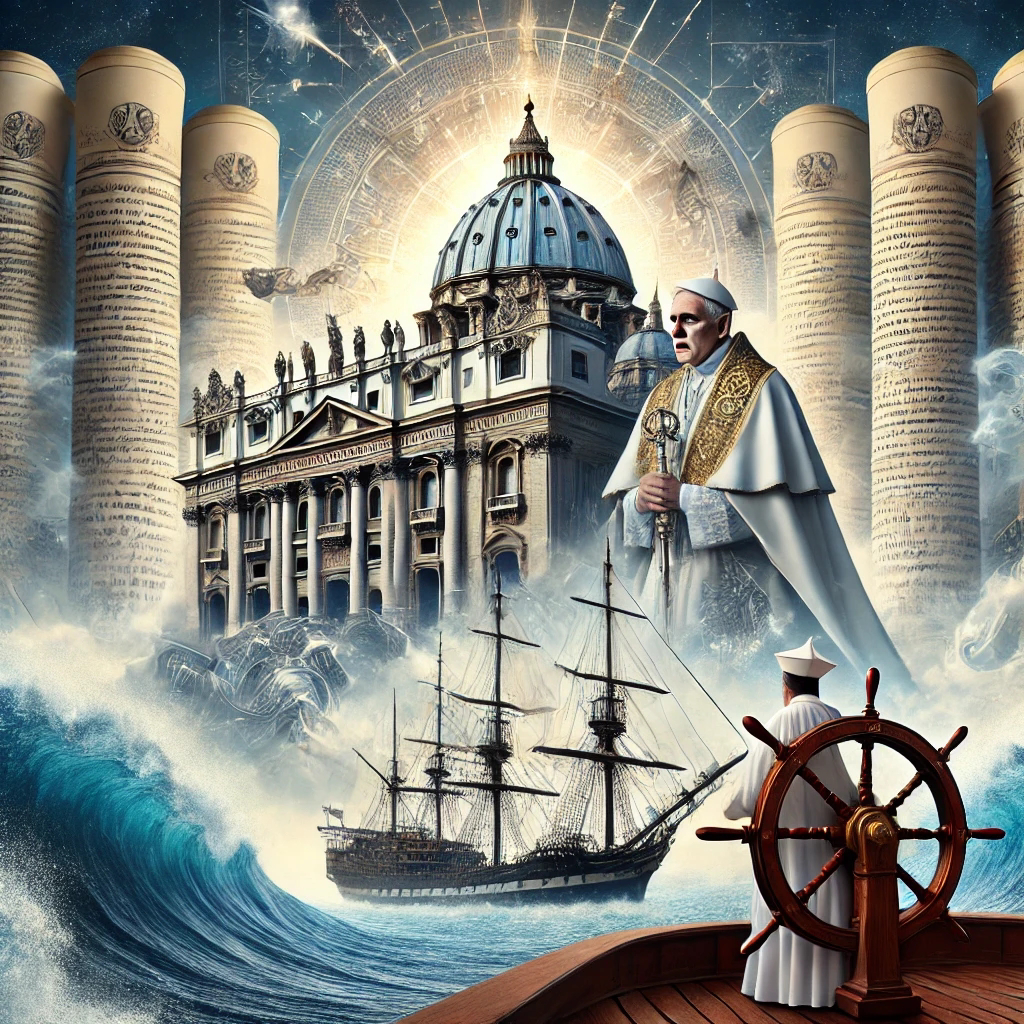
How Religion Operates Under Maritime Admiralty Law
Introduction Maritime Admiralty Law governs the seas, dictating commerce, contracts, and sovereignty. But what if this same legal framework extends beyond ships and trade, subtly shaping religious institutions? The idea may sound absurd at first, but dig deeper, and patterns emerge. Religion, like commerce, relies on structures of authority, jurisdiction, and contracts. Understanding Maritime Admiralty…
-
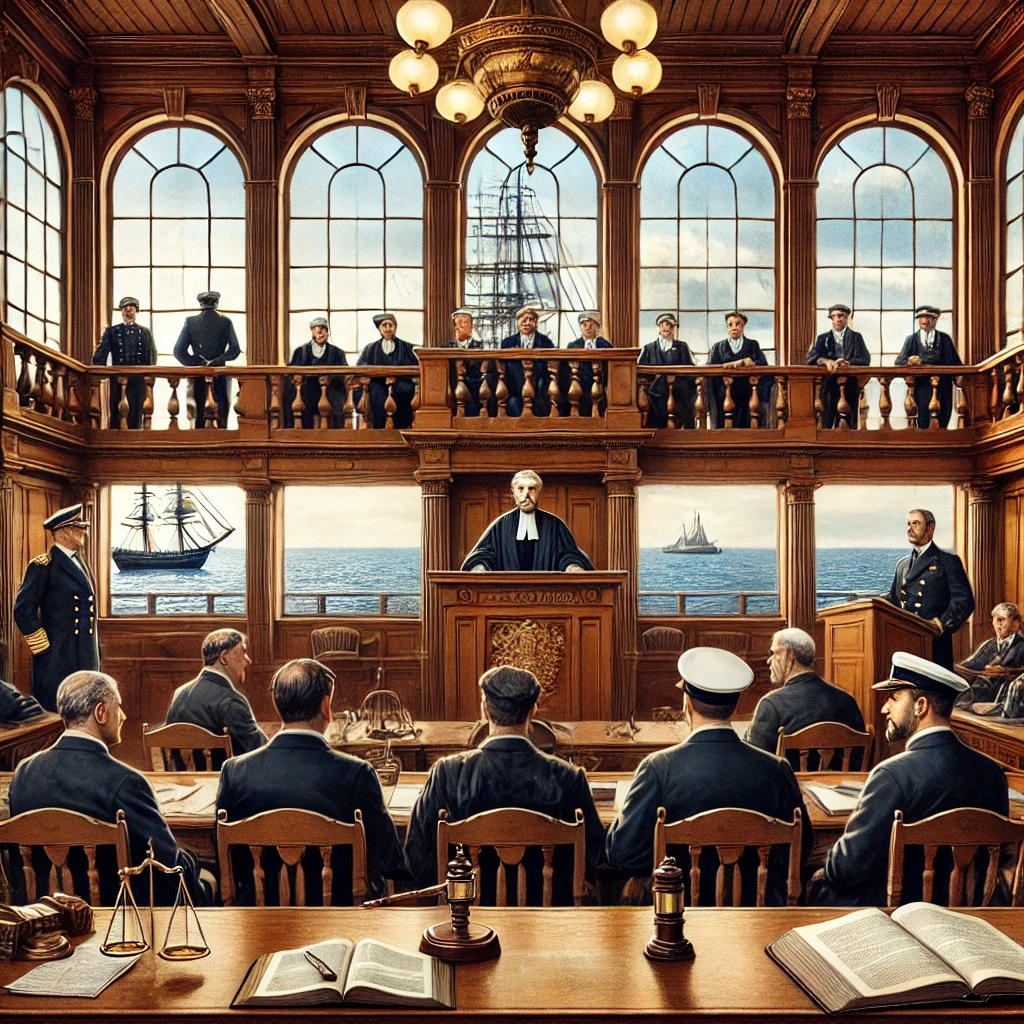
Maritime Admiralty Law: The Hidden Legal System Governing the World
Maritime Admiralty Law is one of the most misunderstood legal frameworks in existence. It governs the seas, but its reach extends far beyond ocean-bound vessels. Many believe its principles shape international commerce, financial systems, and even aspects of everyday life. To understand its impact, we must dive into its origins, principles, and modern-day implications. The…
-
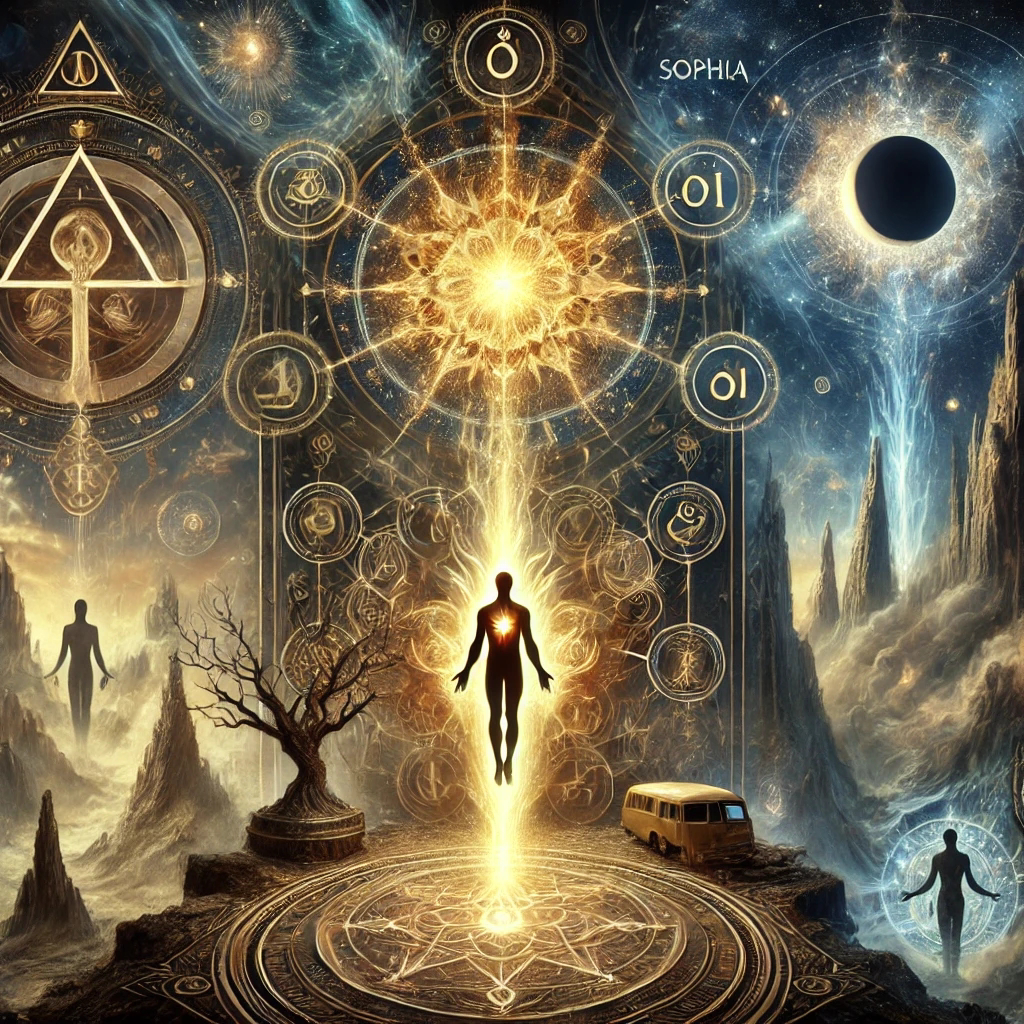
Gnostic Thought in Jungian Psychology
Introduction Gnosticism and Jungian psychology are deeply intertwined, both exploring the nature of the self, the unconscious, and spiritual transformation. Carl Jung found profound psychological insights in ancient Gnostic texts, seeing them as symbolic representations of individuation. His analytical psychology aligns with the Gnostic idea of awakening to a deeper reality hidden within. Understanding this…
-
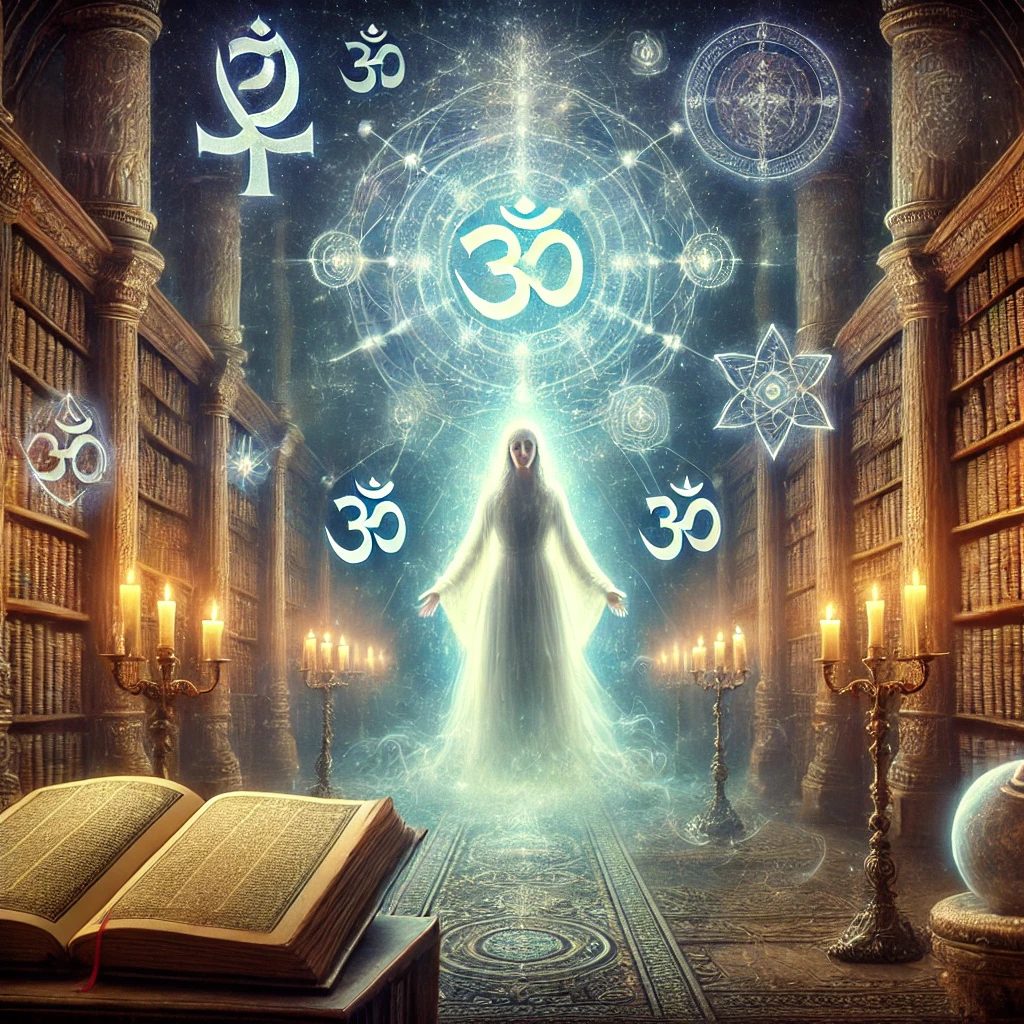
The History of Theosophy
Introduction Theosophy is a term that evokes both mystery and philosophy, blending spirituality with a quest for universal truth. It traces its roots to ancient wisdom traditions yet took shape as a formal movement in the late 19th century. Theosophy aims to uncover hidden truths about the universe, the self, and our collective spiritual evolution.…
-
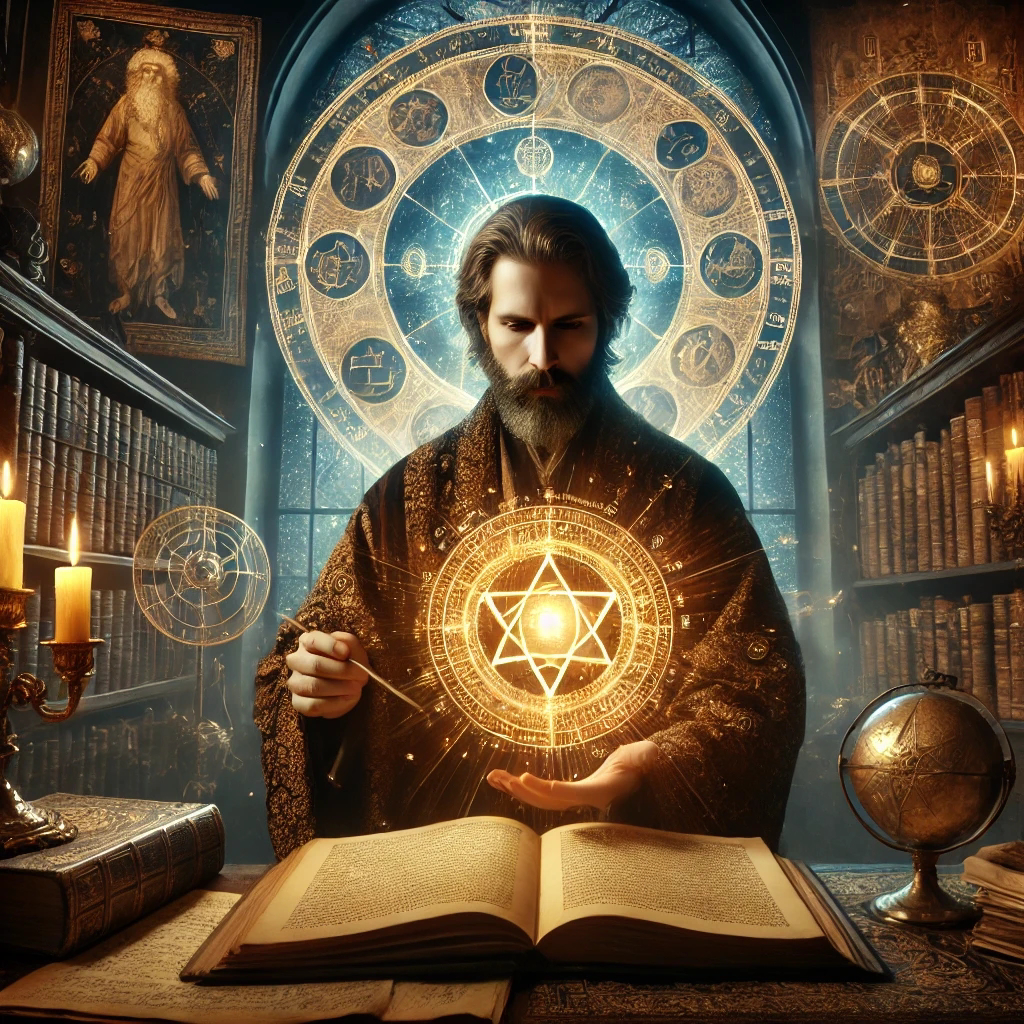
Renaissance Hermeticism: The Esoteric Revival That Shaped Modern Thought
Introduction Renaissance Hermeticism was an intellectual and spiritual movement that reintroduced ancient wisdom to a world on the cusp of modernity. It fused elements of Greek philosophy, Egyptian mysticism, Christian theology, and alchemical traditions into a unique synthesis. Scholars, magi, and philosophers saw it as a path to divine knowledge, elevating both science and spirituality.…
-
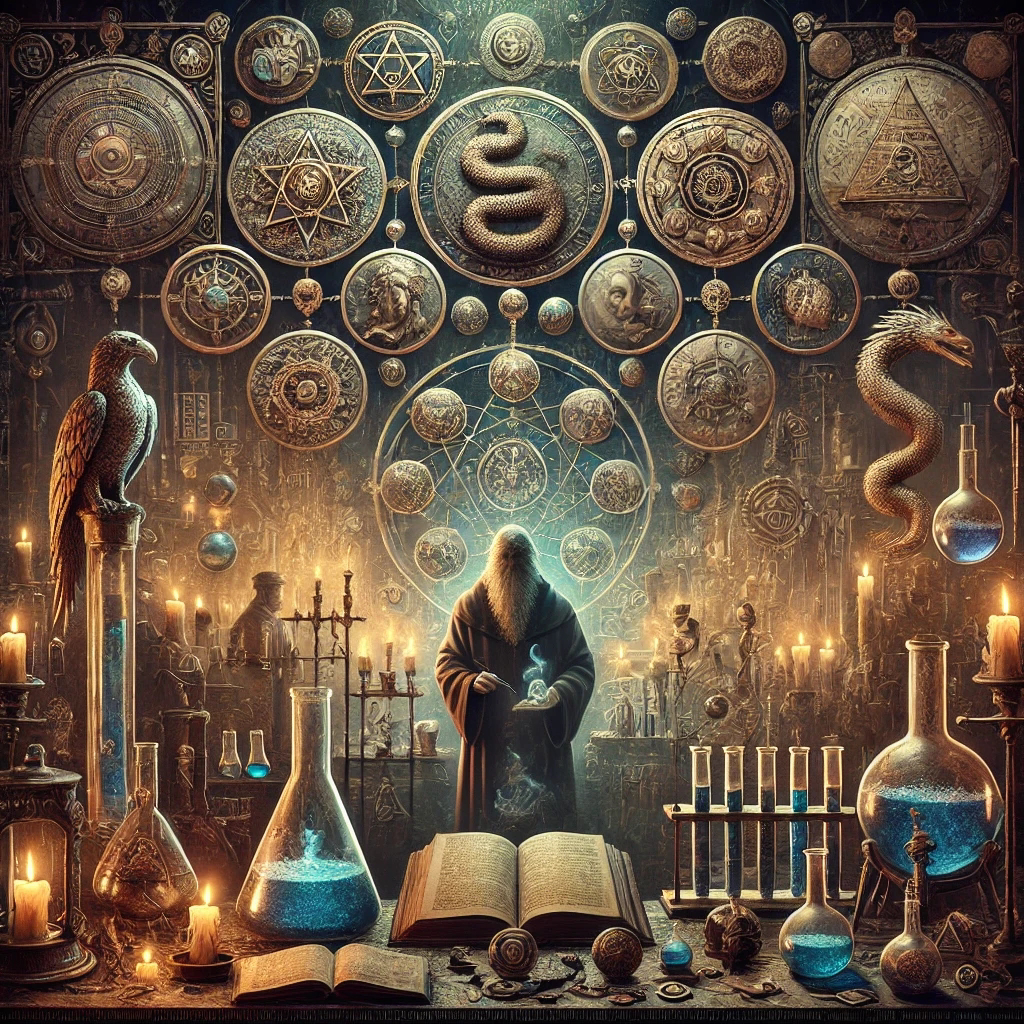
The History of Alchemy: A Journey Through Transformation
Alchemy has long captured the imagination of mystics, scientists, and philosophers. It’s often dismissed as pseudoscience, but its history is deeply intertwined with the evolution of modern chemistry, medicine, and spiritual thought. From ancient Egypt to Renaissance Europe, alchemy was both a mystical pursuit and a proto-scientific endeavor. Understanding its origins and influence reveals how…
-
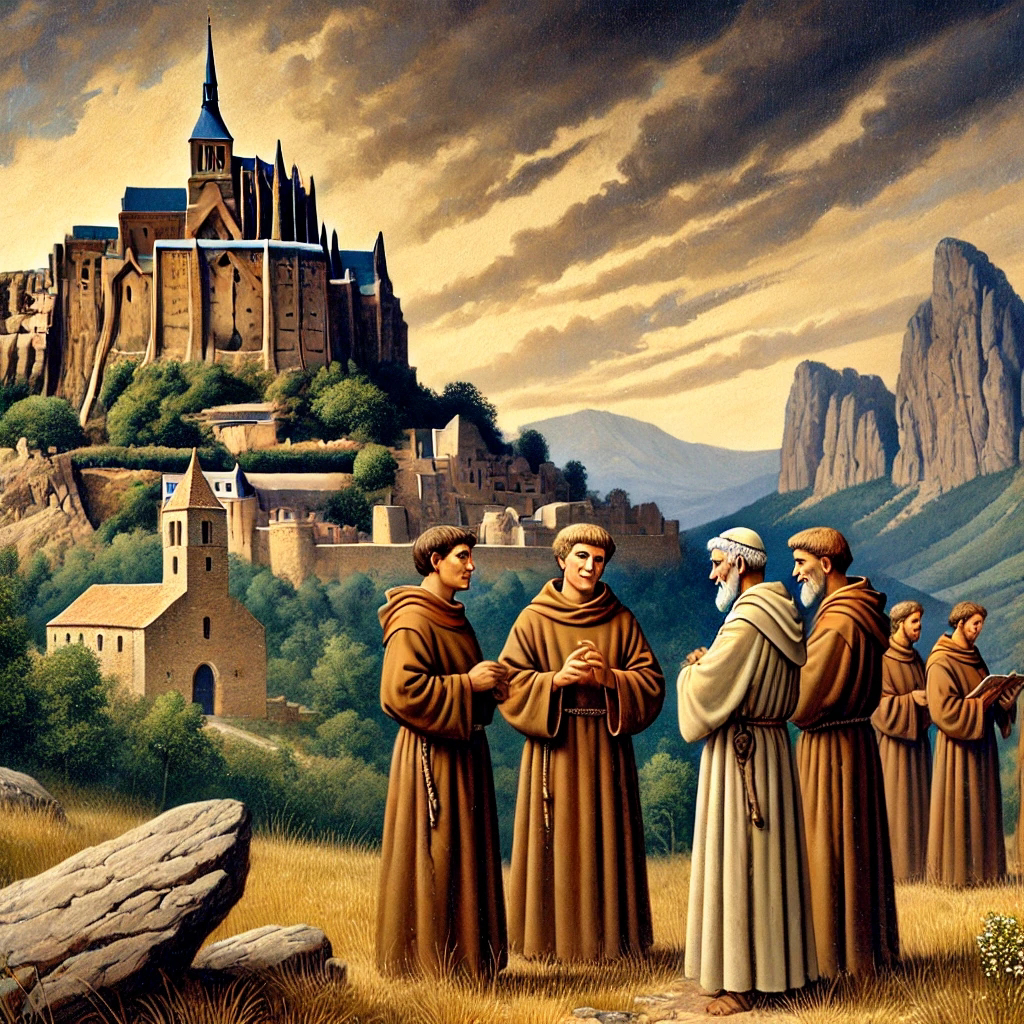
The Cathars: The Lost Heretics of Medieval Europe
The Cathars were a Christian sect that flourished in medieval Europe, primarily in southern France, during the 12th and 13th centuries. They stood apart from the dominant Catholic Church, challenging its teachings, hierarchy, and materialism. Their beliefs, often labeled as heretical, led to their violent suppression in one of history’s first large-scale religious crusades. Today,…
-
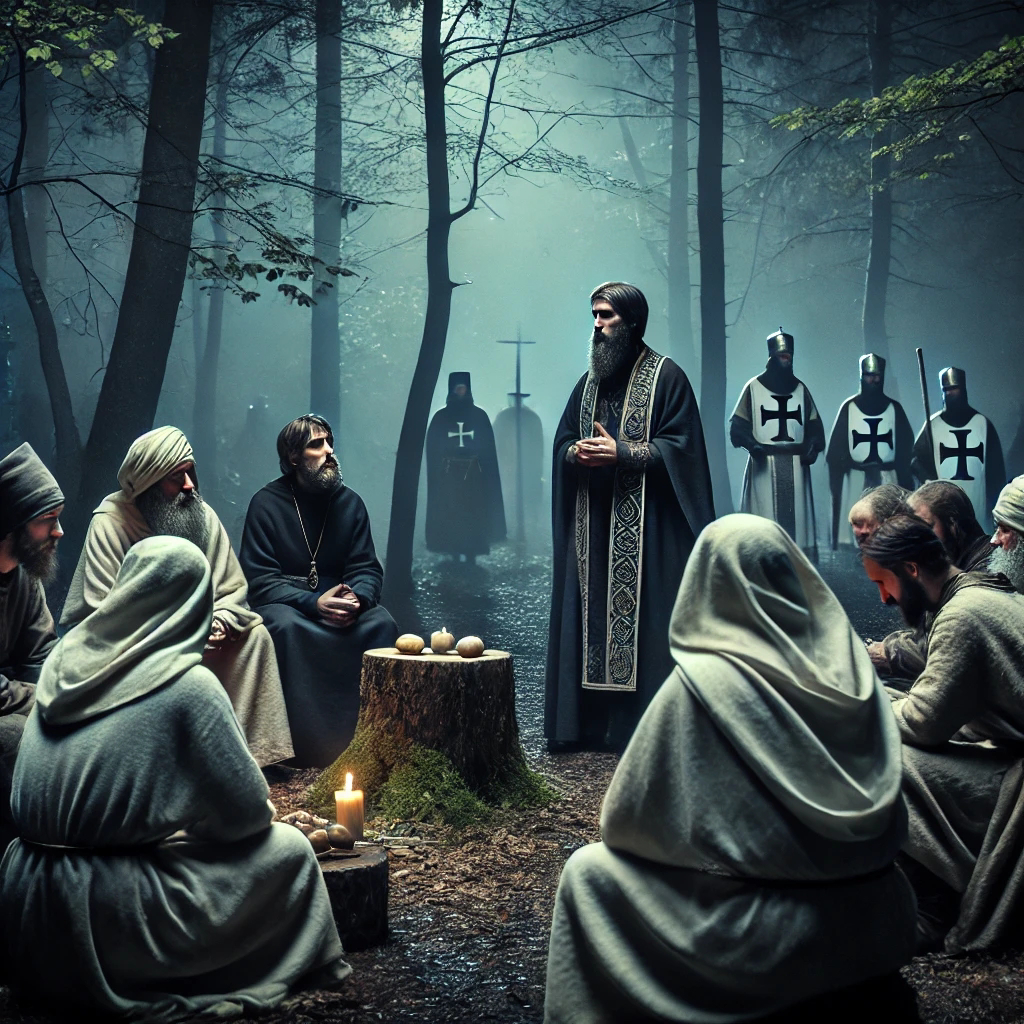
The Bogomils: Europe’s Forgotten Rebels of Faith
Introduction: Who Were the Bogomils? History is filled with religious movements that shook the foundations of their time. The Bogomils were one of the most radical and misunderstood of these. Emerging in the 10th century in the First Bulgarian Empire, they rejected the established church, state power, and materialism. Their beliefs spread like wildfire, influencing…
-
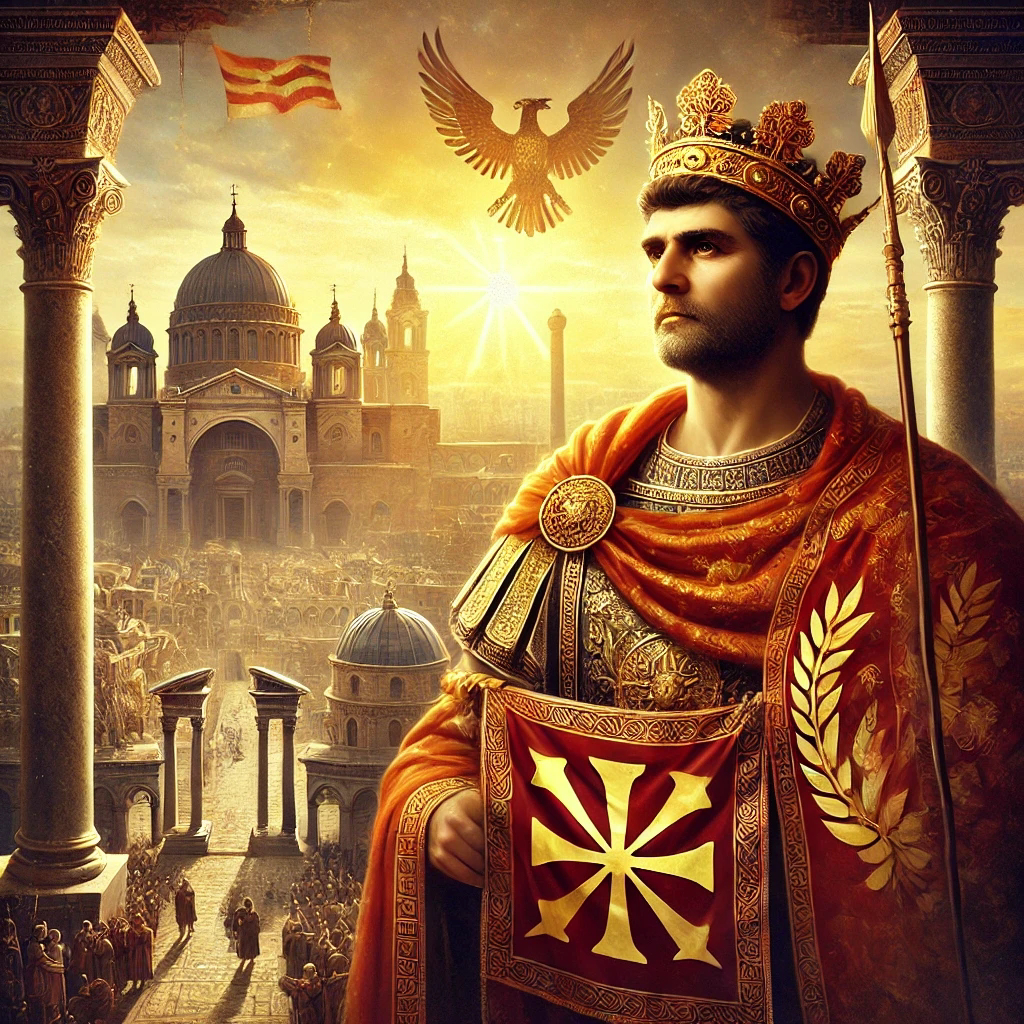
Emperor Constantine: The Ruler Who Shaped Christianity and Rome
Emperor Constantine is one of the most pivotal figures in world history. His reign transformed the Roman Empire and reshaped Christianity in ways that still impact us today. But who was Constantine, really? Let’s explore his life, his politics, and the profound influence he had on religion and society.
-
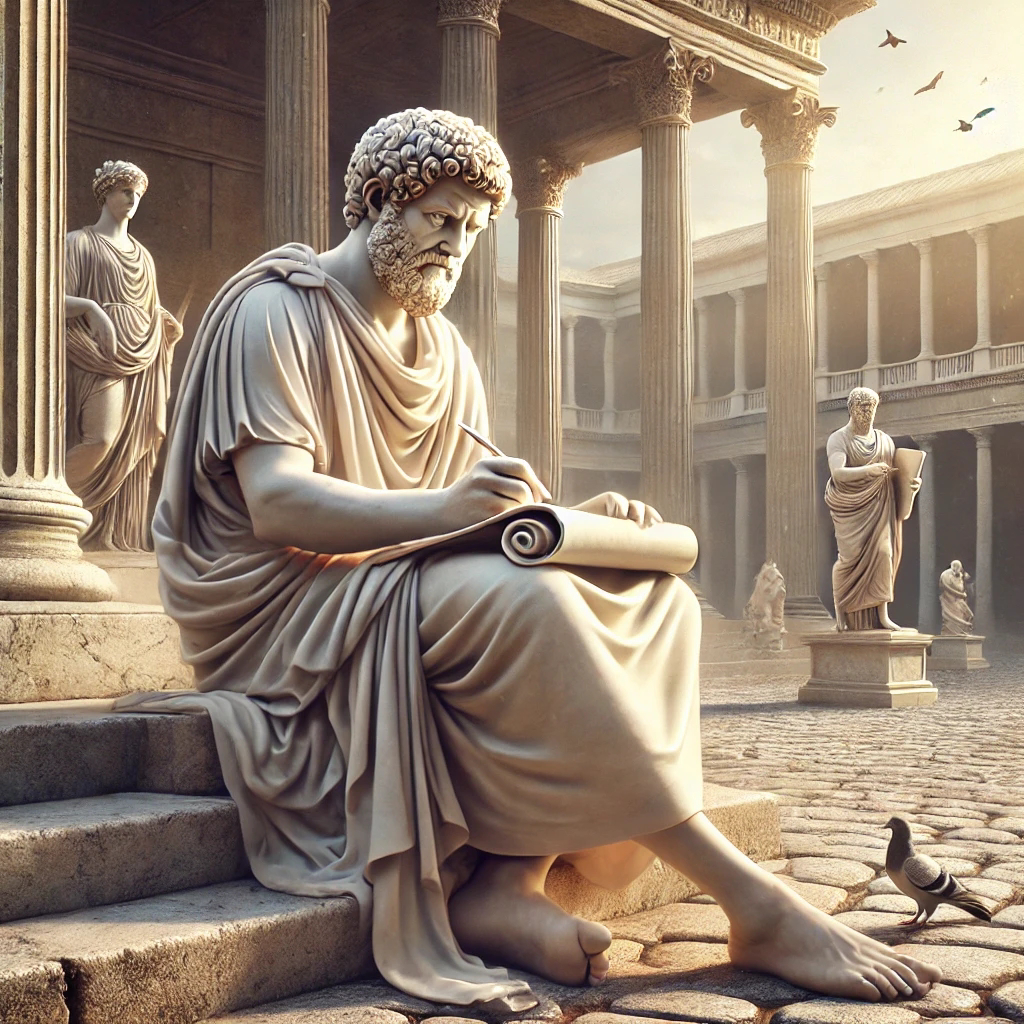
The History of Stoicism: A Journey Through Time and Thought
Stoicism is one of the most influential philosophies in human history. Born in ancient Greece, it evolved through the Roman Empire and still impacts modern thought. At its core, Stoicism teaches resilience, rationality, and virtue. But where did it all begin, and how has it shaped the world?
